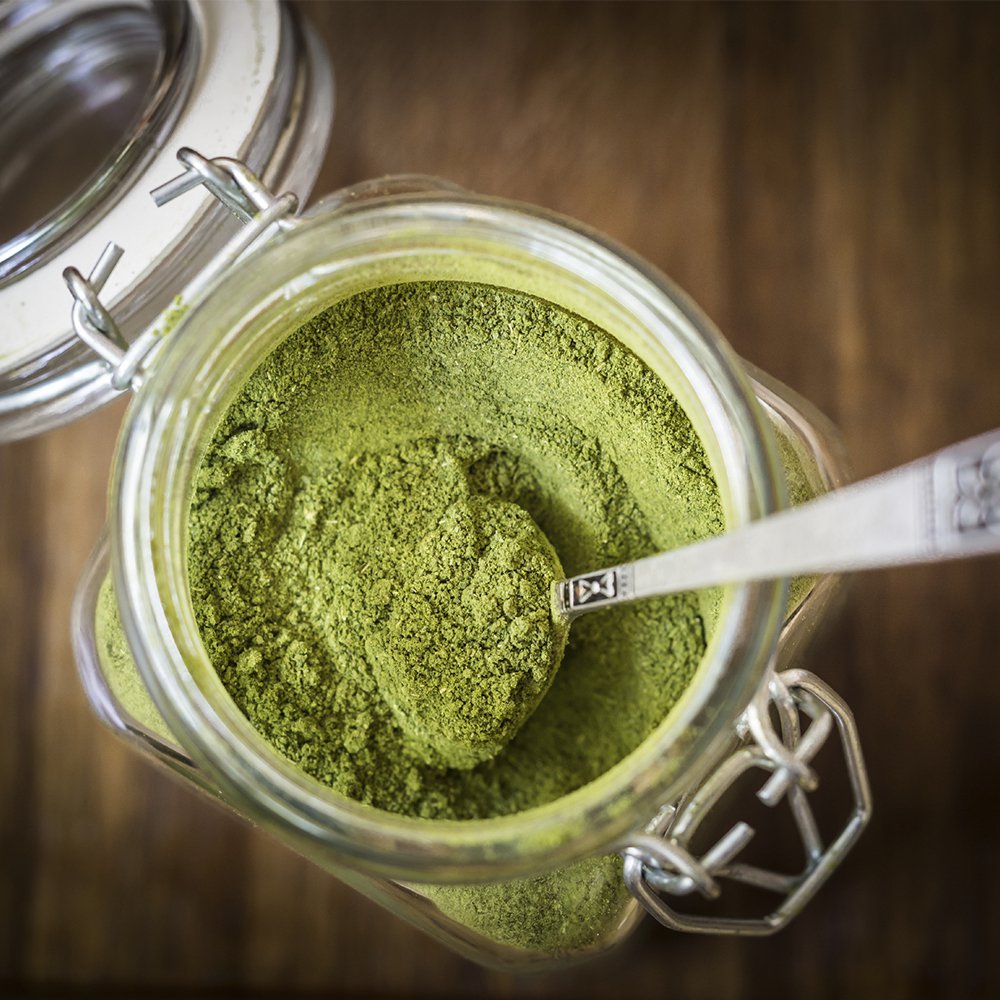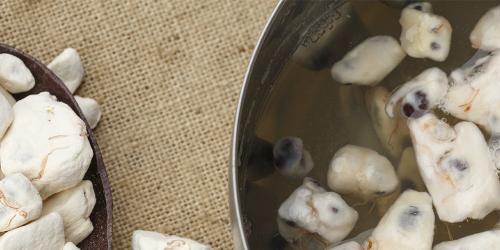What is moringa ?
Moringa is a tropical tree not very thick but very big. It grows mostly in India but also in Africa , the Caribbean and South America , where there is heat, rain and sun. The incredible capacity for growth characterizes the moringa: it can sometimes reach 15 meters high including 4 and 5 meters the first year.
Its nutritional virtues are numerous. Moringa is composed of 30% protein and 15% fiber . It also contains phytonutrients, vitamin B in large numbers, vitamins A, C and E , minerals such as magnesium, potassium, iron and calcium and amino acids.
Like the baobab , he is starting to make a name for himself in France, having been introduced to the European landscape as a "Novel Food" . A term that refers to all new foods and food ingredients derived from scientific and technological research as well as cultural traditions of other countries. Moringa, on the other hand, would have a humanitarian impact since it would purify troubled waters. In fact, by grinding the so-called "moringa cake" (what remains inside the fruit, once the grains have been removed), we obtain a powder which, deposited in Dirty water would help bacteria and dirt get to the surface.
How to consume moringa?
All or most of its parts are consumable. Moringa leaves are an integral part of the diet of local populations. In Africa or India, for example, they are cooked and integrated in dishes with sauce. In our western countries, we mainly use the moringa powder, resulting from the crushing of the leaves. It can be sprinkled on soups , salads or plates of rice and pasta. As for taste, moringa has a flavor similar to green salad. Moringa flowers can be infused with tea and herbal tea.
Moringa also gives oil , which can be eaten (its taste is reminiscent of hazelnut oil and its composition that of olive oil). But oil is primarily used in the world of cosmetics . Brands such as The Body Shop or L'Oreal incorporate it, as well as argan oil or other vegetable oils, certain product compositions, moisturizing creams or hair lotions in particular.
Who can eat?
A priori, no contraindications to consume moringa . But this plant is especially for:
- people suffering from nutritional deficiencies or who are struggling with transit problems, - seniors or vegetarians who have difficulty meeting their protein needs,
- children and teenagers who wince at a plate of vegetables ,
- athletes who want to fill up with vitamins before a competition,
- or simply to all those who have decided to eat well and eat healthy.
Easier to find and more convenient to consume, moringa powder exists as food supplements to eat in addition to meals. At Natural Nutrition (pure organic moringa capsules, 18 €), Pura Moringa (organic moringa capsules, 19.79 €) or Mexmedix (pure moringa capsules, 24.99 €).
Thank you to Delphine Monon, marketing manager of the Natural Nutrition laboratory.




